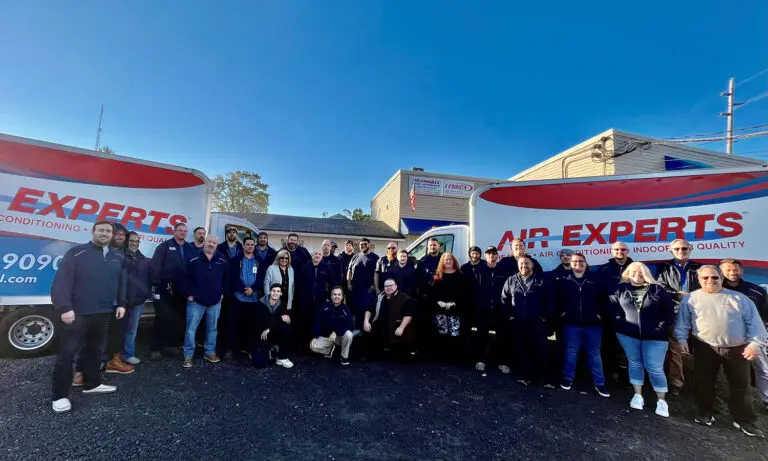Top Quality Heating & Cooling Services In New Jersey
Today’s Special Offers From Air Experts
Save Up to $7,200 on a New HVAC System, Plus Systems as Low as $159 per Month
![]()
Purchase and installation of qualifying HVAC system required. Up to $3,200 in Federal tax credits on select systems. Homeowner is responsible to consult with a tax advisor on eligibility. Any necessary upgrades may incur an additional charge. Loans provided by GoodLeap, on approved credit, for a limited time. Estimated monthly payments based on 12.99% Fixed APR loans. Repayment terms vary from 24 to 180 months. Other financing options may be available. Valid only for residential customers. Not valid with any other offers, discounts, or on prior sales. Void if copied or transferred and where prohibited. Any other use may constitute fraud. Cash value $.001. Offer expires 5/31/2025.

Save Up to $300 on a New Water Heater
![]()
Purchase and Install of qualifying water heater required. Valid only for residential customers. Not valid with any other offers, discounts, or on prior sales. Void if copied or transferred and where prohibited. Any other use may constitute fraud. Cash value $.001. Offer expires 5/31/2025.

We Guarantee Your Satisfaction
![]()
We’ve Served Monmouth & Ocean Counties Since 1994!
When something is wrong with your home’s cooling or heating, you need help right away. We know expert service makes for satisfied customers. That’s why homeowners in Monmouth and Ocean Counties have turned to Air Experts since 1994. We’re a family-operated heating and air conditioning company that provides professional repairs, installations, preventive maintenance, and more!
READ MORE HERE
6 Reasons Why Our Customers Choose Air Experts
Great People You're Gonna Love

Same day service

upfront flat-rate pricing

easy to work with

highly recommended by our customers

involved in the community
![]()
Hear From Our Happy Customers!
ACCREDITED & TRUSTWORTHY
![]()






